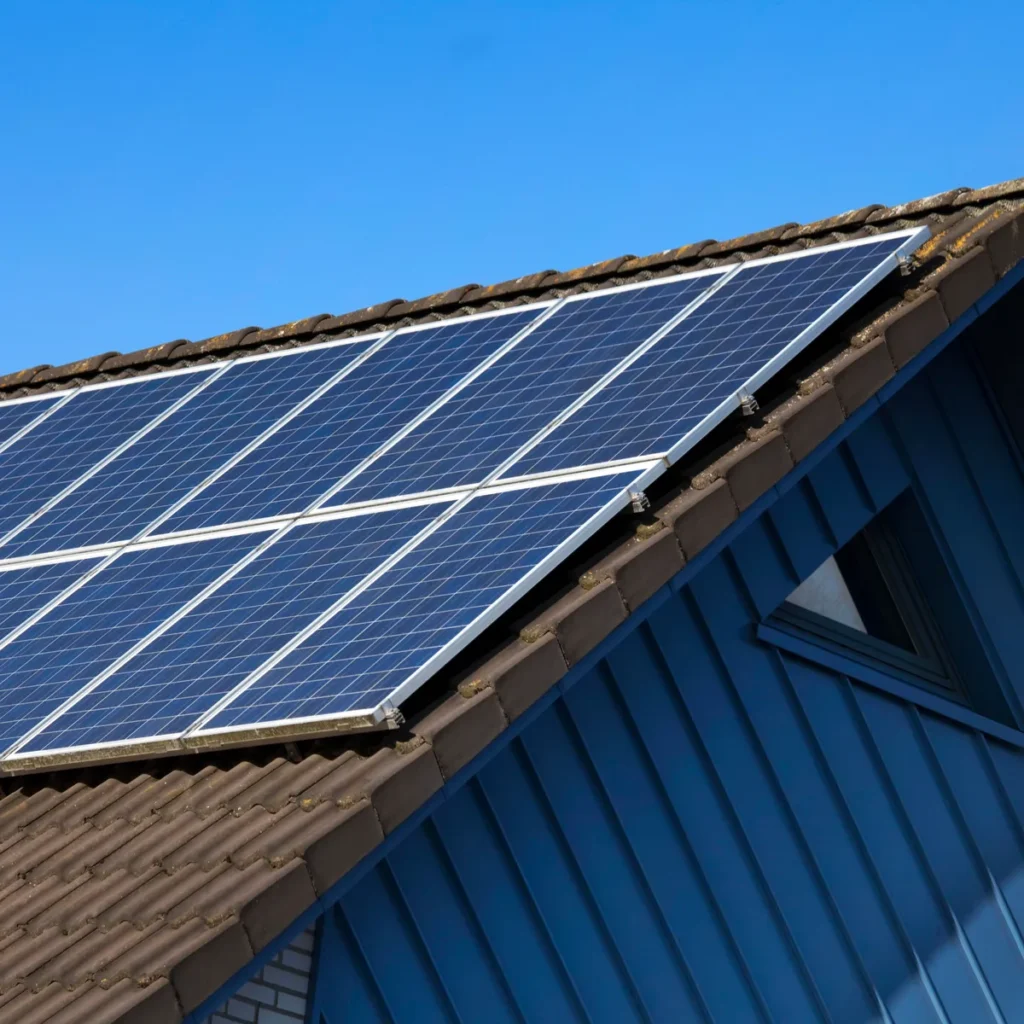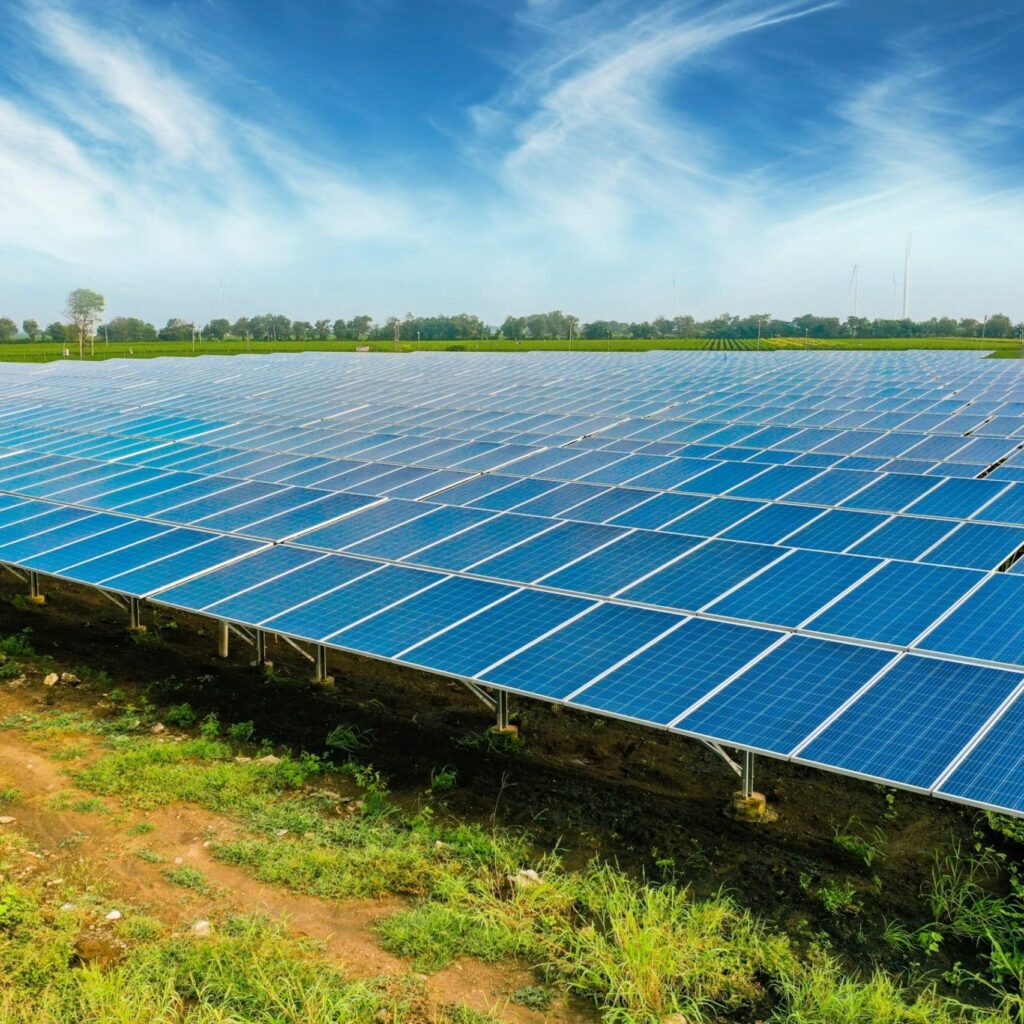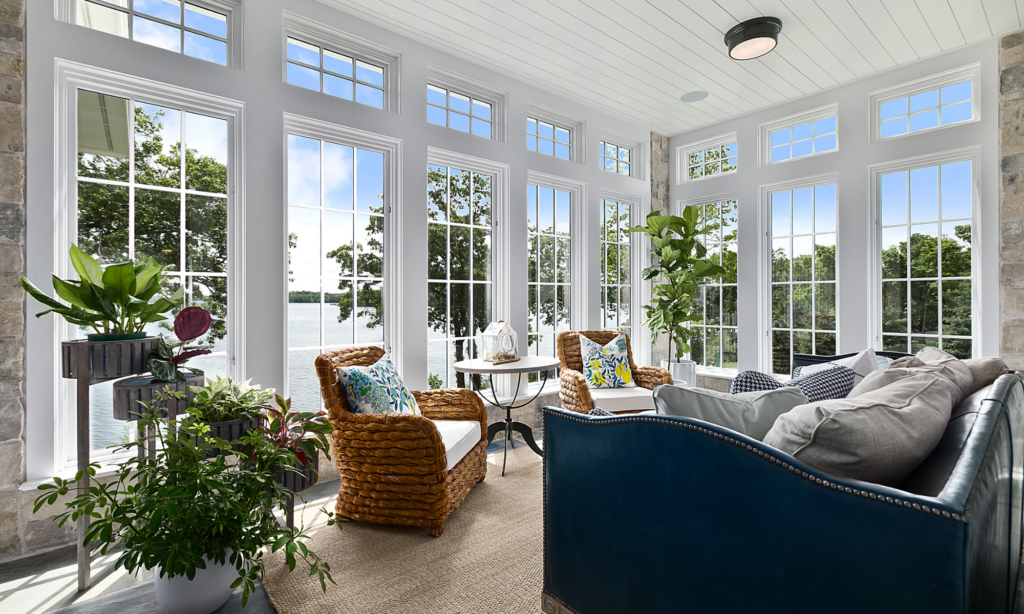One of the first questions you may ask when switching to solar energy is: How many solar panels do I need? This question is complicated, and the answer depends on several key factors, including your home’s energy usage, roof space, panel efficiency, and geographic location.

1. Understand Your Energy Usage
Start by reviewing your electricity bill. The average U.S. household uses about 10,500 kilowatt-hours per year. To fully offset that usage with solar panels, you’d need a system that produces around 875 kWh per month.
2. Panel Wattage and Efficiency
Most residential solar panels generate between 350–450 watts each. For example, if you use 10,500 kWh per year and your panels produce 400 watts each, you’ll need about 26–30 panels to cover your energy needs. However, higher-efficiency panels may reduce this number.

3. Roof Size and Orientation
Your roof must have enough unshaded space to accommodate the required panels. South-facing roofs with a good pitch receive the most sunlight, but east- and west-facing roofs can still be effective. A solar contractor can assess your roof to maximize panel placement.
4. Location Matters
Sunlight availability varies by region. For example, homes in Colorado benefit from over 300 days of sunshine annually, making it ideal for solar power. Less sunny climates may require more panels to achieve the same output.
5. Partial Offset is Still Beneficial
The good news is you don’t have to go 100% solar to see savings. Even offsetting 50–75% of your energy use can significantly lower your electric bills.
How Much Can New Windows Save on Energy Bills?
When homeowners consider improving energy efficiency, windows are often overlooked in favor of larger upgrades, such as…
What to Expect During a Roof Replacement
Replacing your roof may feel like a daunting project, but with the right expectations, the process becomes…
Bathroom Remodeling on a Budget: Where to Save and Where to Spend
Remodeling a bathroom is one of the best ways to update your home’s style, comfort, and resale…



